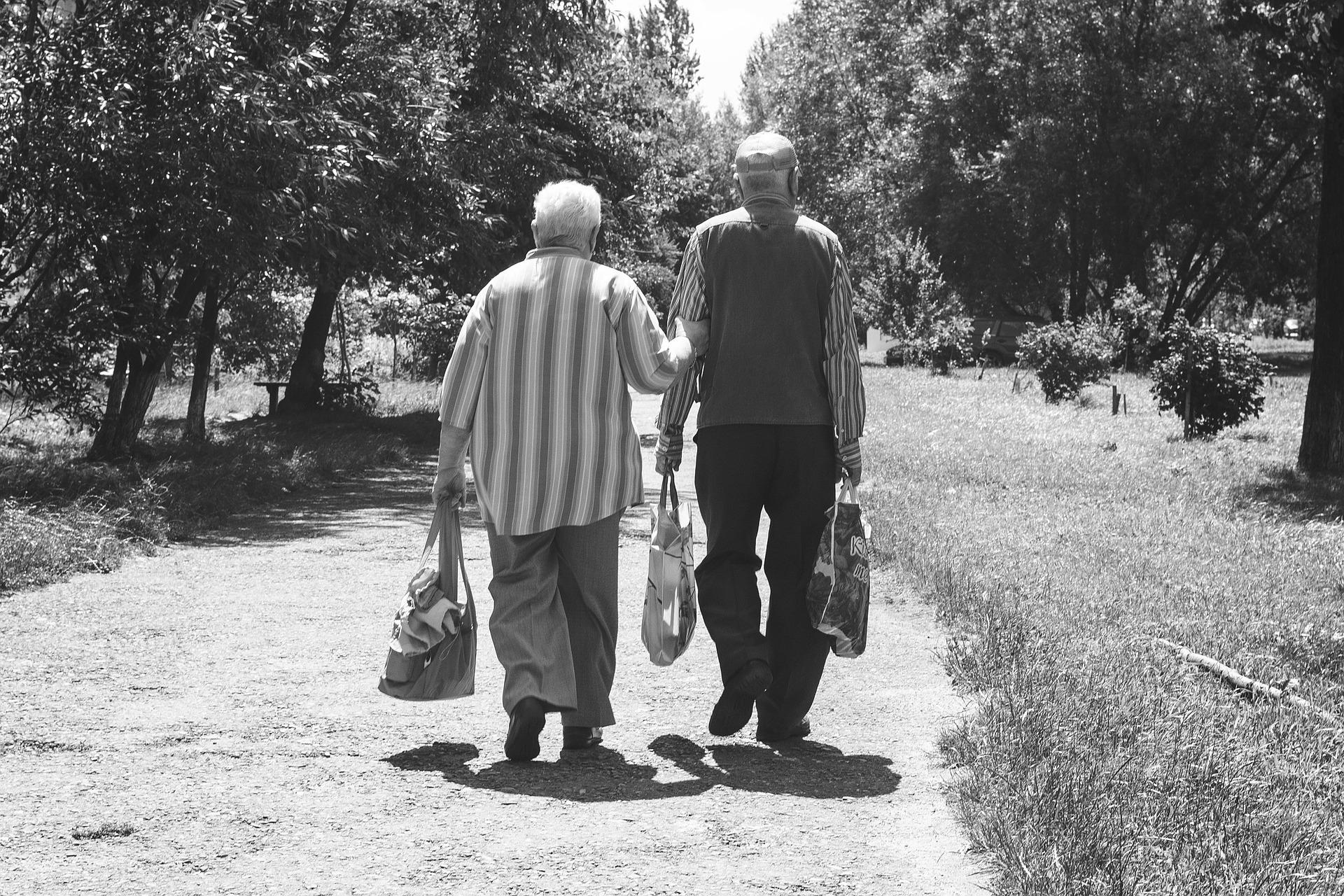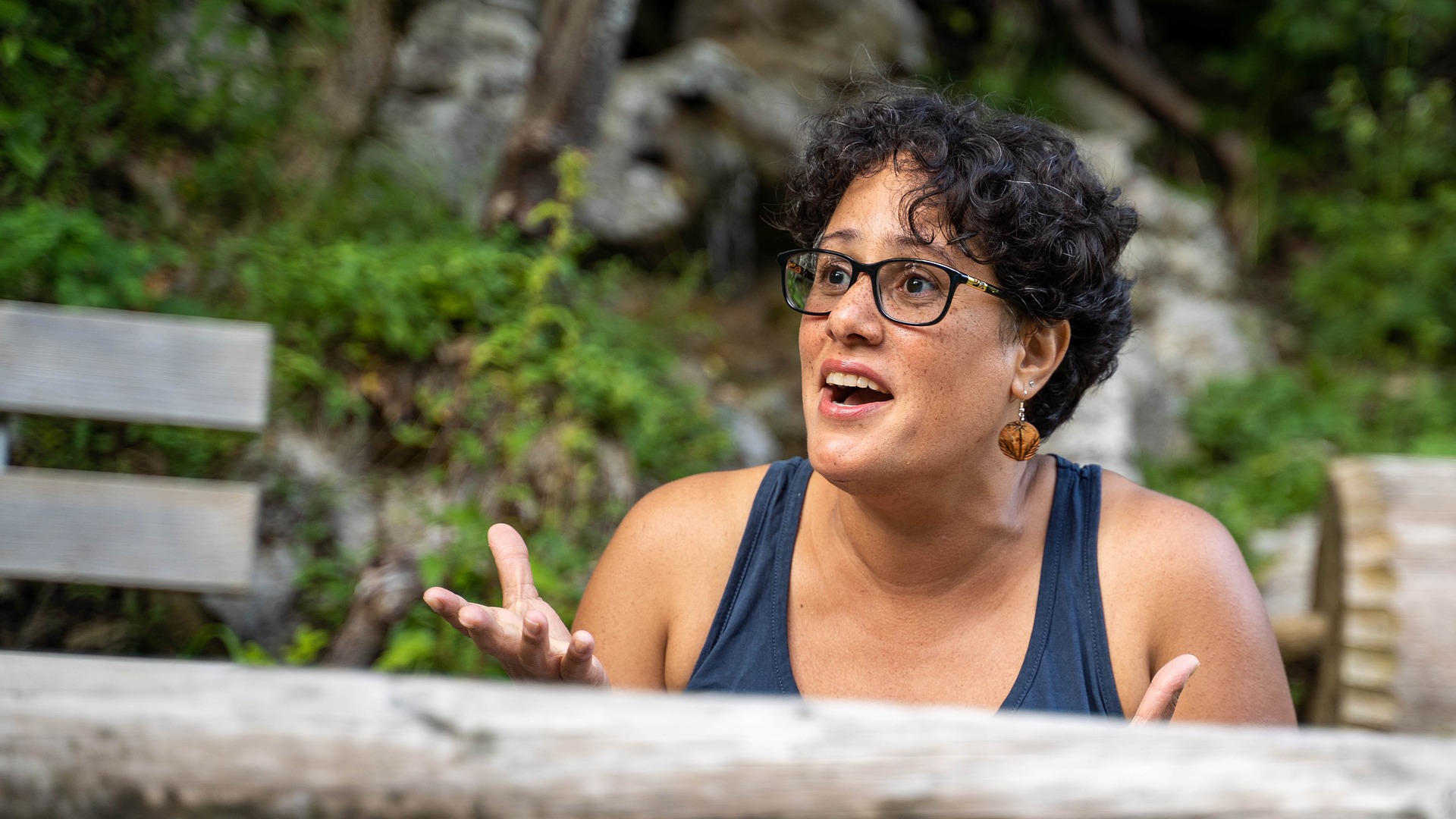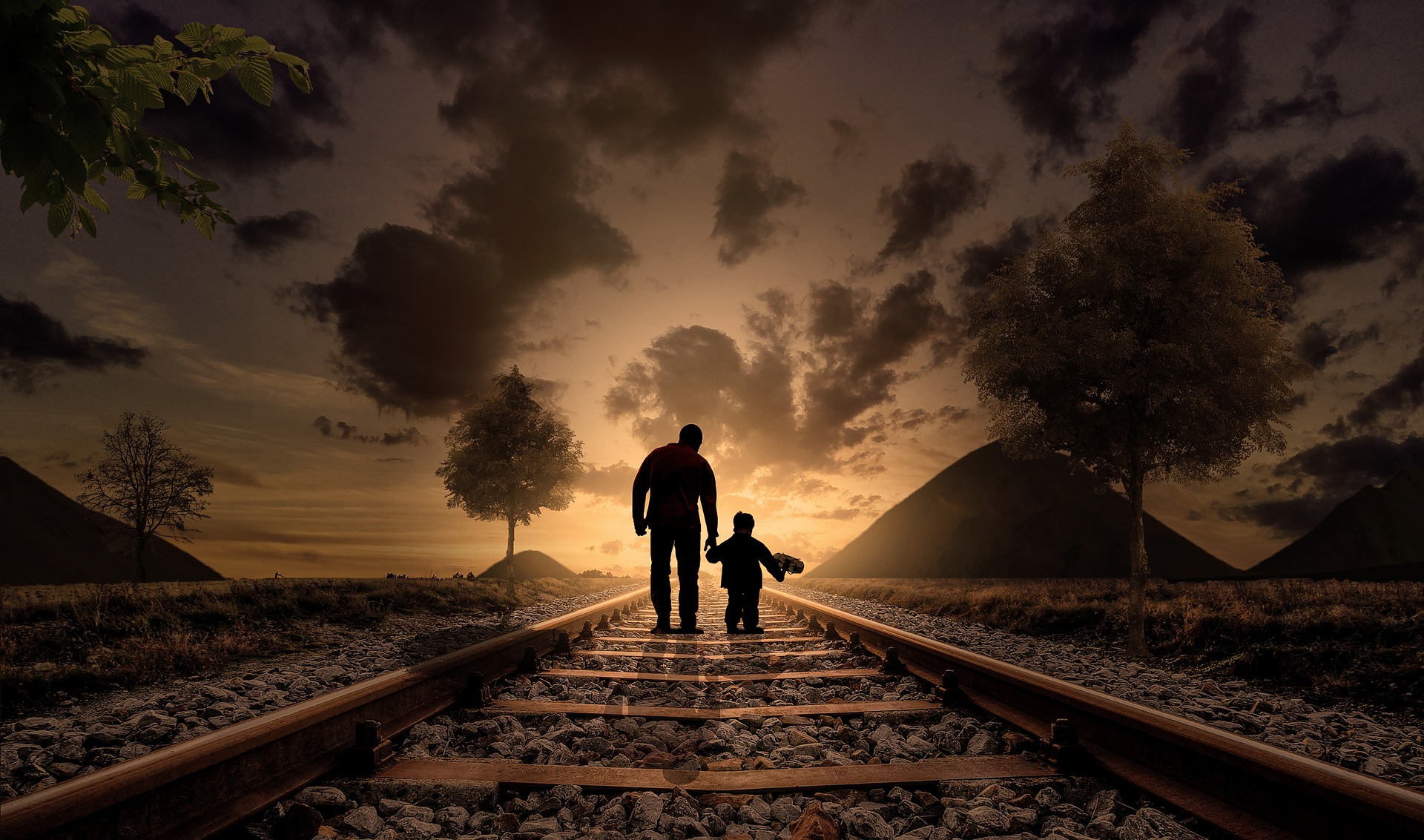Relating to Others
How we relate to others is perhaps the most consuming aspect of human life. Most people think of relationships in terms of trust, yet have little appreciation of what trust might be and how we relate to others in whom we have little trust. A key idea underpinning the concepts in this work is that we are always stepping into the future and uncertainty. We do so with others who are also stepping into the future. How we do this together is the basis of how we relate to each other.
These notes introduce some of the main concepts used in this approach about human relationships and societies.
They do not offer a full explanation of these principles rather they provide a basic understanding of what is involved.
As we are always stepping into the future, we are constantly making predictions about what comes next. These predictions become our simulations, experience and actions. Either implicitly or explicitly...
In order to understand the role of authority, it is useful to develop an understanding of what has us declare authority for others or ourselves in the first place. To begin with, we can distinguish...
The concept of ‘control’ directly links an underlying need for certainty to the linguistic act of a declaration. This link is predicated on a belief that our declarations can create a definite...
An alternative approach to the Paradigm of Control is the ‘Paradigm of Trust’. Trust is generally seen as the basis of healthy relationships and with good reason. Whereas the Paradigm of...
It is all too easy to think of trust as binary – I either trust you or I do not. However, such an interpretation leaves little room to build better relationships. Furthermore, if we interpret...
In this work, authenticity speaks to the alignment between how we actually live life and our way of being and our self-story. This idea was explored in the notes on ‘Authenticity’ and put forward...
Our interpretations of the world include interpretations of ourselves as human beings. In other words, we build the meaning of who we are into our self-story, which emanates from our experiences...
Conversations are not just a means of sharing information, more importantly they are the vehicle for the creation of social reality and the coordination of action with others. Whenever we relate...
Through our conversations, we also build up stories about our shared experiences. These stories form the basis of commonly held meaning and future interactions. In communities, over time these...
We speak of love all the time but what does it mean to love someone? Is it a feeling? An assessment? A declaration? As with all emotions in this work, love is predominantly an interpretation...
Social reality is founded in what a community agrees to be real. Whereas physical reality exists independent of a human observer, social reality is built through human language in the form of...
Without thinking about it, we create interpretations of what someone we encounter means to us. Are they a colleague, manager, subordinate? Are they an enemy, acquaintance or a friend? How we...
We each generate our ‘self-story’, which is our self-identity or how we see ourselves. Our self-story emanates from our communities’ meta-narratives. When we are born, we come into an existing...













